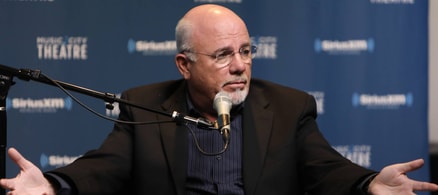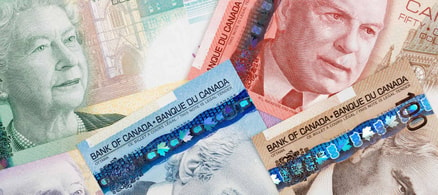Check your terms and conditions
Whether you’ve purchased airfare or booked a hotel stay, your reservation would have had clear terms and conditions before you made the purchase. Check those terms before you make any move to cancel your reservations.
Generally speaking, if you chose the lowest price possible, then the odds of you getting a refund are low. But that doesn’t mean they’re zero; make sure you go over the terms and conditions carefully, as there may be something there that will help you get some of your money back.
Maximize Your Tax Refund with TurboTax Canada!
Simplify tax season with this user-friendly software. Get step-by-step guidance, maximize deductions, and file with confidence. Trusted by millions, TurboTax Canada ensures accuracy and peace of mind. Start your taxes today and get the refund you deserve
Get the tax refund you deserveAirlines’ varying rules for refunds
Let’s take Air Canada as an example. The airline has different terms depending on your travel period. The period up to Jan. 31, 2020, is the “pre-COVID period;” Feb. 1, 2020 to April 12, 2020 is the “goodwill period,” and the “go-forward period” started on April 13, 2021. Each period has different refund rules.
Your refund policy will also depend on your purchased fare type. This is where you need to pay the most attention. When flying to sun destinations, Air Canada’s “Basic” fare has a no refund or future travel credit policy. “Standard” and “Flex” fares entitle you to a future travel credit, while “Comfort” and “Latitude” fares are fully refundable.
What if you booked through a reseller?
Now let’s say you booked your travel through Expedia. Since Expedia follows the policies of their partners, they need to wait for them to issue the refund/travel credit first before they can credit it back to you. For airfare, that’s typically up to 12 weeks, but it could be longer. As for hotels and car rental bookings, their refunds are usually much faster. Of course, this assumes you booked something refundable.
Not every travel provider is as generous with its policies. Some companies specifically say there are no refunds, or you might have to pay a considerable fee if you decide to cancel. While this may not seem fair, unfortunately, it’s what you signed up for.
Grow Your Savings Effortlessly with Moka
Automate your savings with every purchase and watch your money multiply. Moka rounds up your transactions and invests the spare change. Start building wealth effortlessly today. Join thousands of Canadians embracing financial freedom with Moka
Sign up nowLook into your travel insurance
Even if the refund policies of your bookings don’t give you a full refund, you might still be entitled to compensation if you purchased travel insurance. Specifically, trip cancellation insurance.
The best type of insurance is “cancel for any reason.” As the name implies, you can cancel for any reason, so you’re covered if you have this type of policy. But because it’s expensive, not many people purchase it.
The travel advisory issued by the government of Canada is a level 3 travel advisory. Depending on your travel insurance policy, that may trigger some of your compensation. For example, you may now be entitled to make a claim for any non-refundable portions of your trip.
It’s worth noting that some policies are only triggered when a travel advisory is made against a specific country that was not in place when you booked your tickets.
To make an insurance claim, you have to provide all of your supporting evidence. That includes your credit card statement when the charge was made, a copy of the travel advisory, and any travel receipts that are relevant to your claim.
But the main point here is that if you have any type of travel insurance, you need to read the policy details as the coverage you get can vary quite a bit.
A refund through your credit card
Alternatively, trip cancellation may come included with your credit card. Again, you need to read the terms and conditions to see if you meet the criteria.
If you’re relying on your credit card insurance, you also need to ensure that your policy is valid to begin with. That’s because most credit cards require you to charge a percentage of your trip expenses to your credit card for your travel insurance to be valid. For example, some cards have a 100% rule while others state you only need to charge 75% of your expenses.
Take the wait and see approach
Unless your trip is happening in the next week, there’s no real reason to cancel your plans right away. Your airline might still cancel your flight, or change its refund policies in your favour.
This is what happened at the start of the pandemic. Admittedly, it took quite a few months, but eventually, many travellers were entitled to a full refund or credit for flights cancelled due to COVID-19. So you might as well wait and see how things play out.
That said, since COVID-19 is a known issue now, it would be best not to rely on the charity of an airline to bail you out.
Travel later?
Another solution would be to see if you can change your travel dates. Some airlines offer this for free, while others may charge you a fee. (Once again, the right travel insurance policy could make the difference here.) You may not enjoy eating that rebooking cost, but it sure beats losing everything you spent.
Sponsored
Trade Smarter, Today
With CIBC Investor's Edge, kick-start your portfolio with 100 free trades and up to $4,500 cash back.







